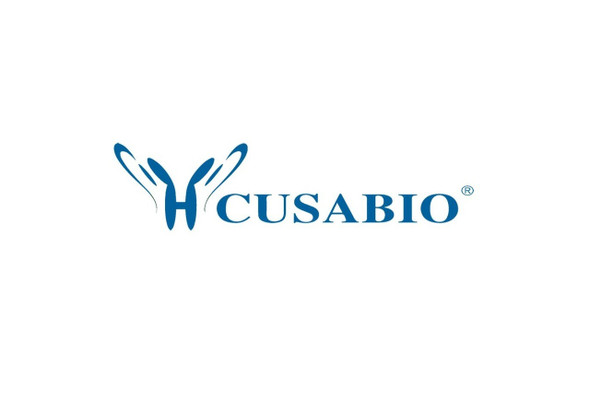Cusabio Polyclonal Antibodies
TAOK3 Antibody | CSB-PA935138
- SKU:
- CSB-PA935138
- Availability:
- 3 to 7 Working Days
- Size:
- 100ul
Description
TAOK3 Antibody | CSB-PA935138 | Cusabio
TAOK3 Antibody is Available at Gentaur Genprice with the fastest delivery.
Online Order Payment is possible or send quotation to info@gentaur.com.
Product Type: Polyclonal Antibody
Target Names: TAOK3
Aliases: Serine/threonine-protein kinase TAO3; Cutaneous T-cell lymphoma-associated antigen HD-CL-09; CTCL-associated antigen HD-CL-09; Dendritic cell-derived protein kinase; JNK/SAPK-inhibitory kinase
Background: Serine/threonine-protein kinase that acts as a regulator of the p38/MAPK14 stress-activated MAPK cascade and of the MAPK8/JNK cascade. Acts as an activator of the p38/MAPK14 stress-activated MAPK cascade. In response to DNA damage, involved in the G2/M transition DNA damage checkpoint by activating the p38/MAPK14 stress-activated MAPK cascade, probably by mediating phosphorylation of upstream MAP2K3 and MAP2K6 kinases. Inhibits basal activity of MAPK8/JNK cascade and diminishes its activation in response epidermal growth factor (EGF) .
Tassi E., J. Biol. Chem. 274:33287-33295 (1999) .
Zhang W., Biochem. Biophys. Res. Commun. 274:872-879 (2000) .
Yustein J.T., Oncogene 22:6129-6141 (2003) .
Isotype: IgG
Conjugate: Non-conjugated
Clonality: Polyclonal
Uniport ID: Q9H2K8
Host Species: Rabbit
Species Reactivity: Human
Immunogen: Synthesized peptide derived from internal of human TAOK3.
Immunogen Species: Human
Applications: ELISA, WB
Tested Applications: ELISA, WB;WB:1:500-1:3000
Purification Method: The antibody was affinity-purified from rabbit antiserum by affinity-chromatography using epitope-specific immunogen.
Dilution Ratio1: ELISA:1:2000-1:10000
Dilution Ratio2: WB:1:500-1:3000
Dilution Ratio3:
Dilution Ratio4:
Dilution Ratio5:
Dilution Ratio6:
Buffer: Rabbit IgG in phosphate buffered saline (without Mg2+ and Ca2+), pH 7.4, 150mM NaCl, 0.02% sodium azide and 50% glycerol.
Form: liquid
Storage: Upon receipt, store at -20°C or -80°C. Avoid repeated freeze.
Initial Research Areas: Signal Transduction
Research Areas: Epigenetics & Nuclear Signaling;Signal transduction






